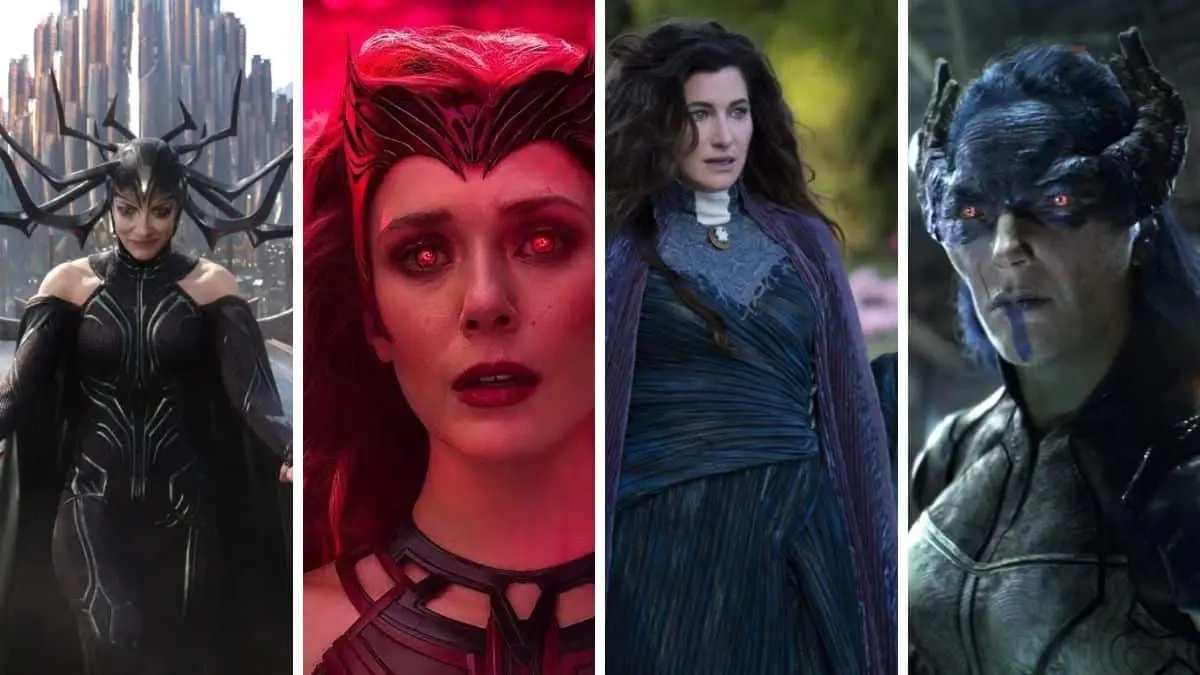While the heroes often take center stage in marvel cinematic universe, the villains provide the conflict and complexity that drive the narrative forward. Among these antagonists, female villains stand out not only for their power and cunning but also for their deeply layered personalities. In this blog, we will explore the top female villains in the MCU, delving into what makes each of them compelling and unforgettable.
Top Female Villains of the MCU
Hela (Thor: Ragnarok)

Hela, the Goddess of Death, burst onto the scene in Thor: Ragnarok with a fierce presence and unmatched power. As the firstborn of Odin and Thor’s estranged sister, Hela was imprisoned for her ruthless ambition to conquer the Nine Realms. Once released, she immediately asserts her dominance, shattering Thor’s hammer, Mjolnir, and laying waste to Asgard’s armies. Her thirst for power and deep resentment towards her father and brothers make her a formidable adversary, one who brings Asgard to its knees.
Hela’s character is not just about brute strength; she embodies a tragic complexity. Her backstory reveals a once-loyal daughter whose ambition was fueled by her father’s initial encouragement, only to be cast aside when her aspirations became too great. This abandonment and subsequent imprisonment shaped Hela into a villain driven by vengeance and a desire to reclaim what she believes is rightfully hers. Cate Blanchett’s portrayal of Hela adds layers of elegance and menace, making her one of the most memorable villains in the MCU.
Scarlet Witch (Wanda Maximoff)
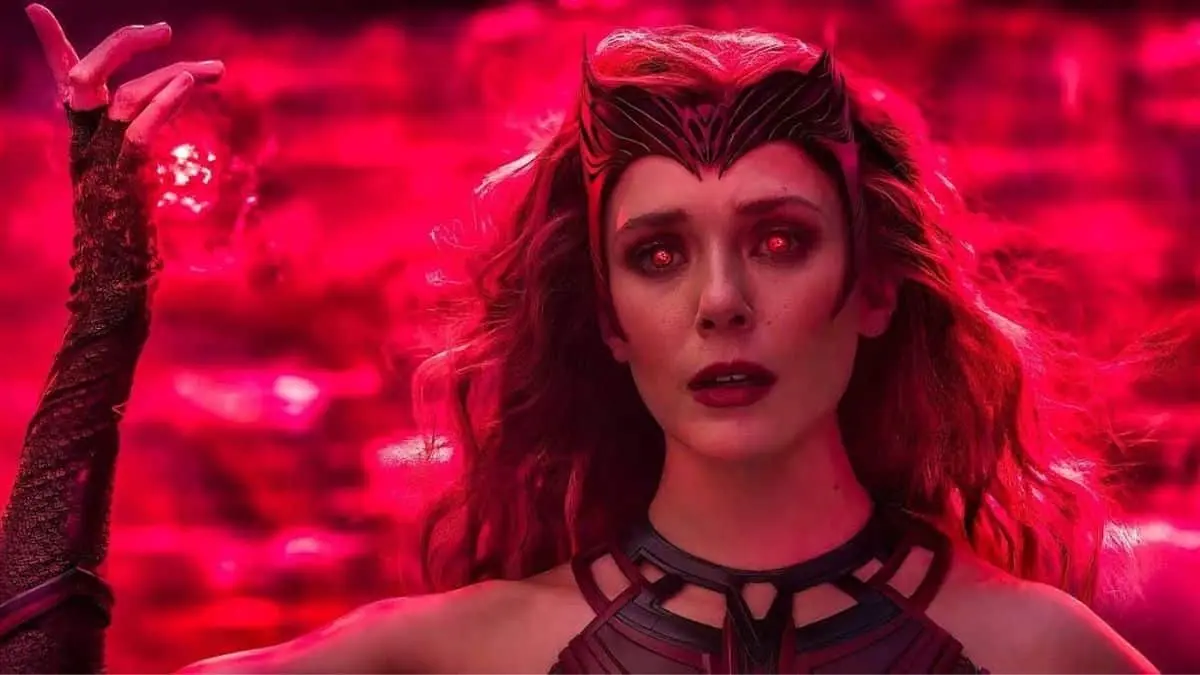
Scarlet Witch, also known as Wanda Maximoff, is one of the most complex and multifaceted characters in the marvel Cinematic Universe. Introduced as a hero in Avengers: Age of Ultron, Wanda’s journey takes a dark turn, leading her to become a formidable antagonist in Doctor Strange in the Multiverse of Madness. Her evolution from a grieving hero to a villain consumed by her own pain and power is a tragic tale of loss, love, and the dangers of unchecked abilities.
Wanda’s descent into villainy is driven by her overwhelming grief and trauma. After losing her brother, Vision, and her children (in the alternate reality she created in WandaVision), Wanda becomes increasingly desperate to reunite with her loved ones, even if it means tearing apart the fabric of reality itself. Her actions, fueled by the corrupting influence of the Darkhold, lead her to clash with Doctor Strange and others who seek to stop her. Elizabeth Olsen’s portrayal of Scarlet Witch brings depth and empathy to the character, making her a villain whose motivations, while misguided, are deeply human and relatable. Wanda’s story serves as a poignant reminder of the fine line between heroism and villainy, and the devastating consequences of allowing grief to overpower reason.
Agatha Harkness (WandaVision)
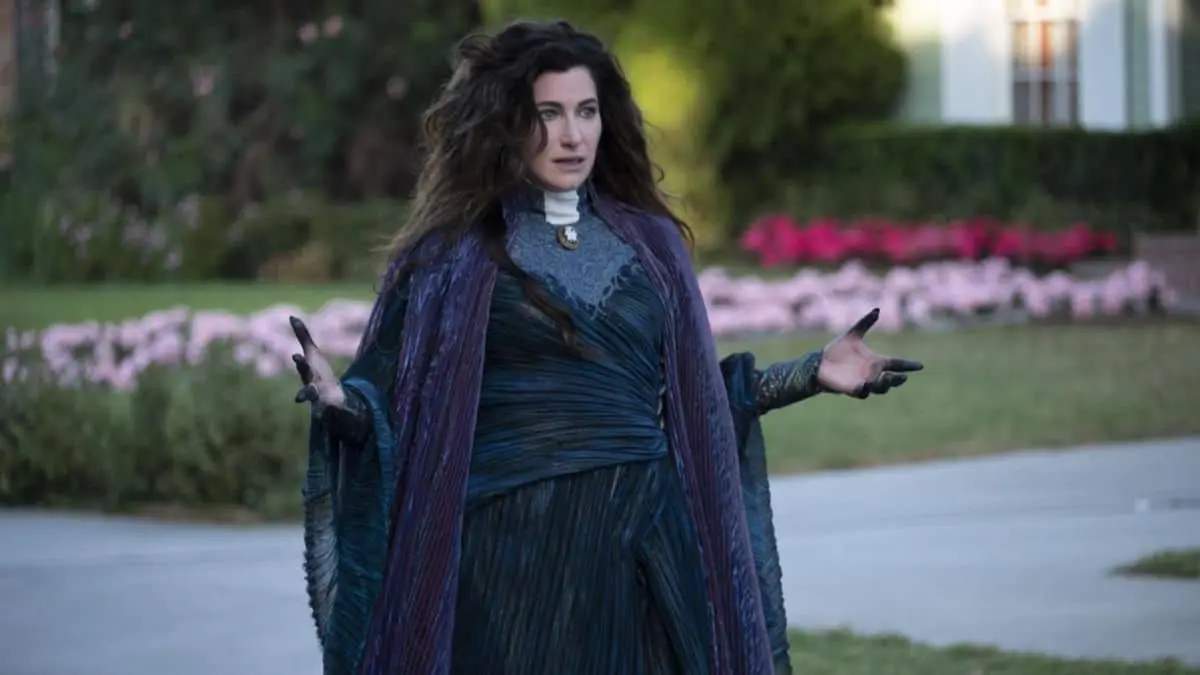
Agatha Harkness is introduced in WandaVision as the seemingly innocent neighbor Agnes, but her true nature as a powerful witch is gradually unveiled. As an ancient sorceress, Agatha seeks to unravel the mysteries of Wanda Maximoff’s powers, hoping to harness them for herself. Her manipulative tactics, clever deceptions, and dark humor make her a unique antagonist, one who blends charm with malevolence seamlessly.
Agatha’s journey from a curious neighbor to the central villain of WandaVision is captivating, largely due to Kathryn Hahn’s stellar performance. Her backstory, revealed through a haunting flashback to the Salem witch trials, adds depth to her character, highlighting her survival instincts and thirst for power. Agatha’s theme song, “Agatha All Along,” became an instant hit, underscoring her impact on the series and solidifying her place as one of the MCU’s most engaging villains.
Nebula (Guardians of the Galaxy Vol. 1 & 2)
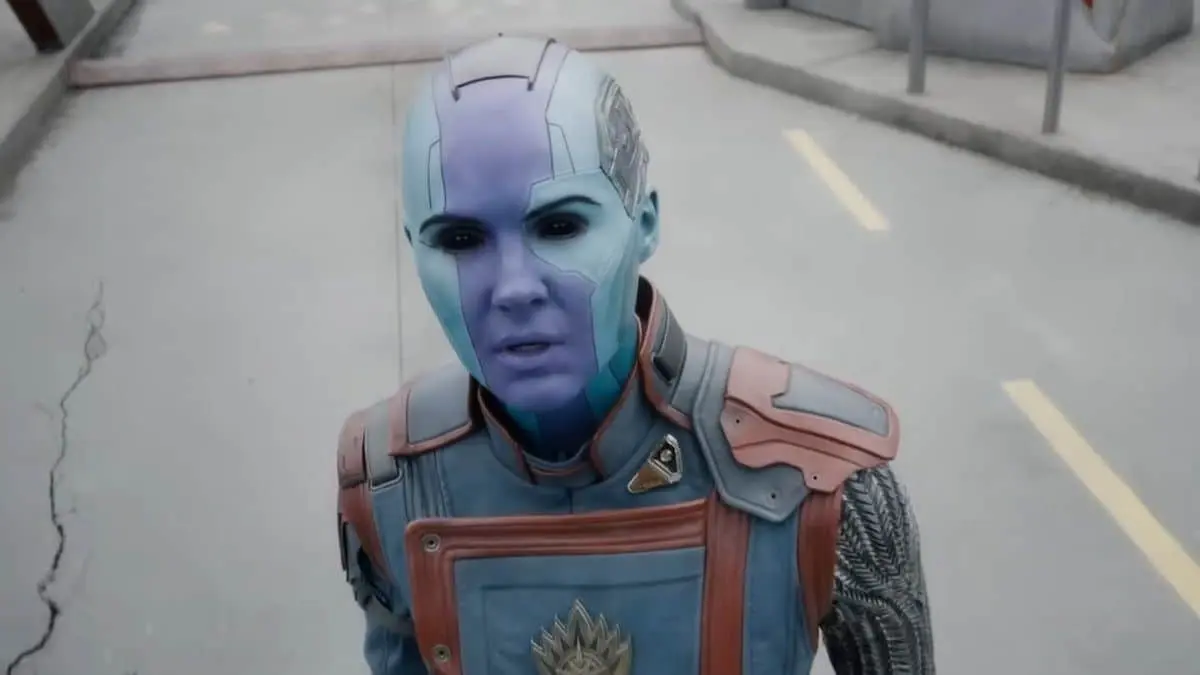
Nebula’s evolution from a villain to an anti-hero is one of the MCU’s most compelling character arcs. Initially introduced as a loyal daughter to Thanos and a bitter rival to her sister, Gamora, Nebula’s motivations are rooted in her quest for approval and vengeance. Her mechanical augmentations, a result of Thanos’s cruel “upgrades,” symbolize her fractured identity and the pain of constant competition with Gamora.
In Guardians of the Galaxy Vol. 2, Nebula’s character is explored more deeply, revealing the psychological and emotional scars left by her upbringing. Her desire to kill Gamora is driven by years of resentment, but it gradually transforms into a yearning for sisterhood and freedom from Thanos’s control. Karen Gillan’s portrayal of Nebula captures her internal struggle and ultimate redemption, making her transition from villain to ally both believable and poignant.
Ghost (Ant-Man and the Wasp)
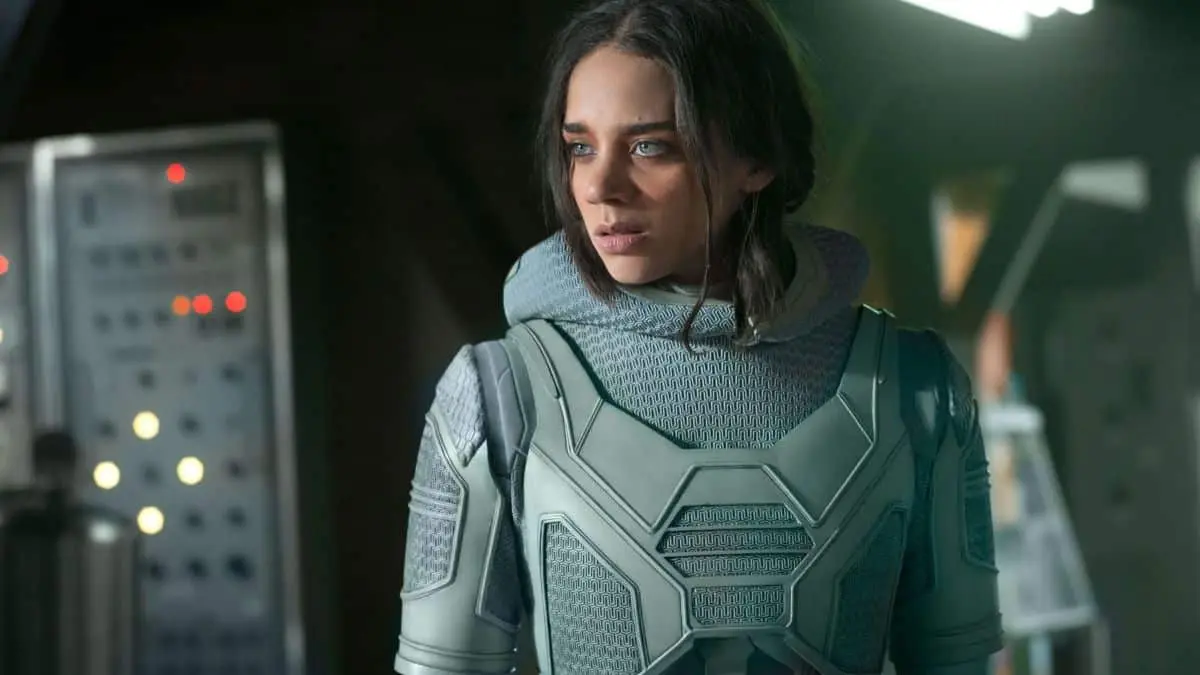
Ghost, also known as Ava Starr, is a tragic figure whose life is marked by pain and desperation. Introduced in Ant-Man and the Wasp, Ghost possesses the ability to phase through solid objects due to a quantum accident that destabilized her molecular structure. This condition causes her immense suffering, driving her to seek a cure at any cost, even if it means crossing moral boundaries.
What makes Ghost an interesting villain is the complexity of her motivations. Unlike other villains driven by power or vengeance, Ghost is motivated by survival. Her pain and vulnerability make her a sympathetic character, one whose actions are understandable even if not justifiable. Hannah John-Kamen brings a quiet intensity to the role, portraying Ghost as both a formidable adversary and a pitiable victim of circumstances beyond her control.
Proxima Midnight (Avengers: Infinity War)
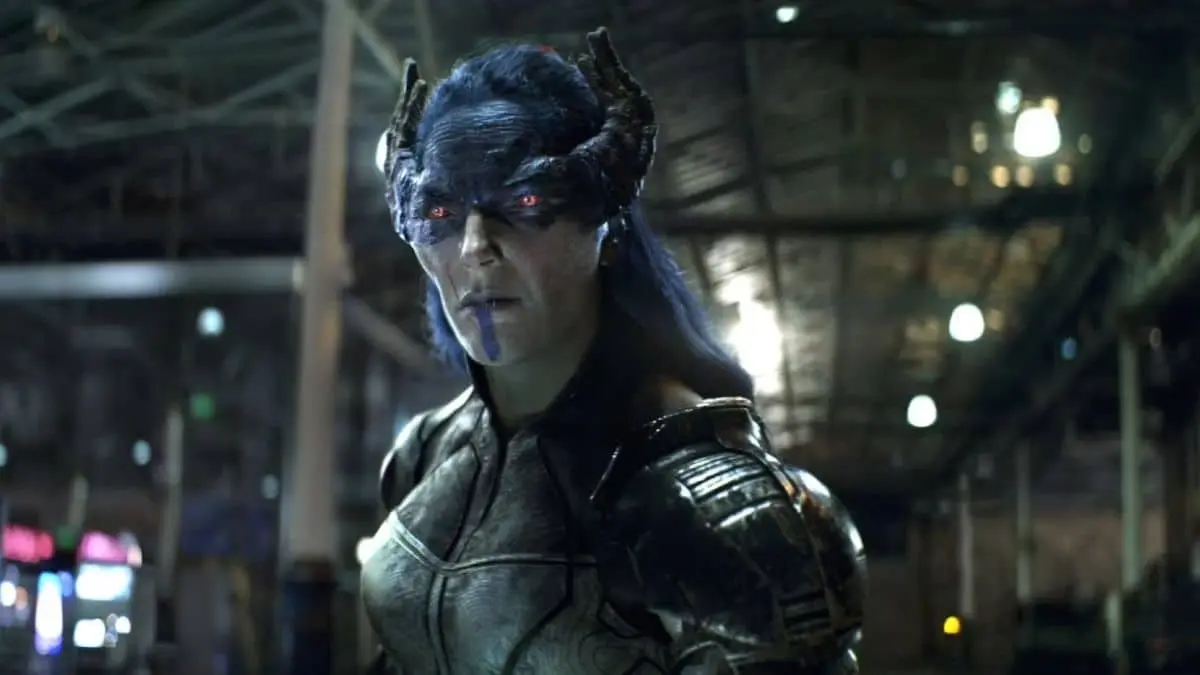
Proxima Midnight is a member of the Black Order, Thanos’s elite group of warriors, introduced in Avengers: Infinity War. She is a fierce and skilled combatant, loyal to Thanos and dedicated to his mission of balancing the universe by any means necessary. Her formidable presence on the battlefield, combined with her unwavering loyalty to Thanos, makes her a daunting opponent for the Avengers.
Though Proxima Midnight’s screen time is limited, her impact is significant. Her character is defined by her ruthless efficiency and unshakeable belief in Thanos’s vision. Her fights against Black Widow, Okoye, and Scarlet Witch highlight her strength and cunning. While her backstory is not deeply explored in the films, her role as Thanos’s lieutenant adds to the overall threat posed by the Mad Titan and his quest for the Infinity Stones.
Ayesha (Guardians of the Galaxy Vol. 2)
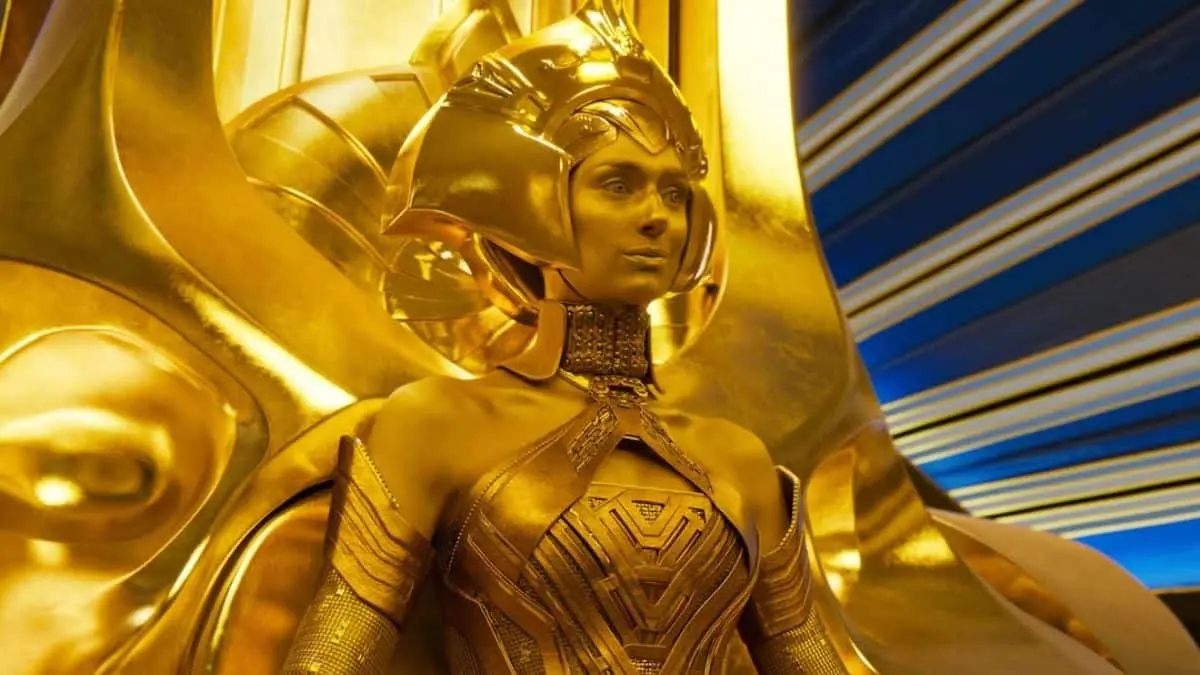
Ayesha, the High Priestess of the Sovereign, is a character defined by her arrogance and sense of superiority. In Guardians of the Galaxy Vol. 2, she leads her people with a rigid adherence to genetic perfection and a belief in their inherent superiority over all other life forms. Her vendetta against the Guardians, particularly Rocket, is fueled by wounded pride after the Guardians steal valuable batteries from her planet.
Ayesha’s character serves as both a villain and a satirical take on the concept of perfectionism. Her obsession with maintaining the purity and perfection of her race leads her to make increasingly desperate decisions, including the creation of Adam Warlock to pursue the Guardians. Elizabeth Debicki’s portrayal of Ayesha is both regal and chilling, capturing the character’s icy demeanor and unwavering belief in her own righteousness.
Cassandra Nova
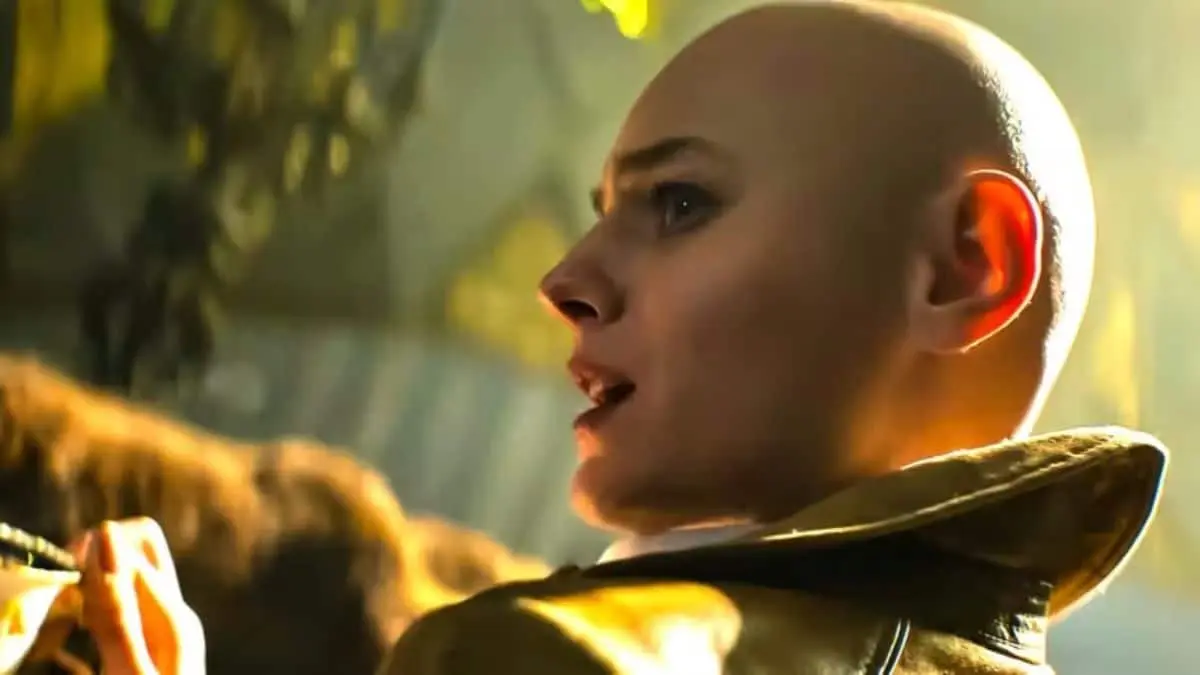
In Deadpool and Wolverine, the titular characters encounter Cassandra Nova, the sinister twin of Charles Xavier. Dwelling in the Void, Cassandra thrived in its chaotic environment, ruling over the other mutants with ruthless authority. Her unique ability to invade people’s minds—by eerily inserting her hands into their heads—made her a terrifying and unpredictable foe.
As an antagonist, Cassandra Nova was utterly devoid of morals. She acted on her whims without concern for consequences, and only a few possessed the strength to challenge her. Her dark humor added a twisted charm to her character, making her an ideal adversary for Deadpool, whose own moral compass often points in unconventional directions.
Also Read: Top Wolverine Variants from Across the Multiverse


